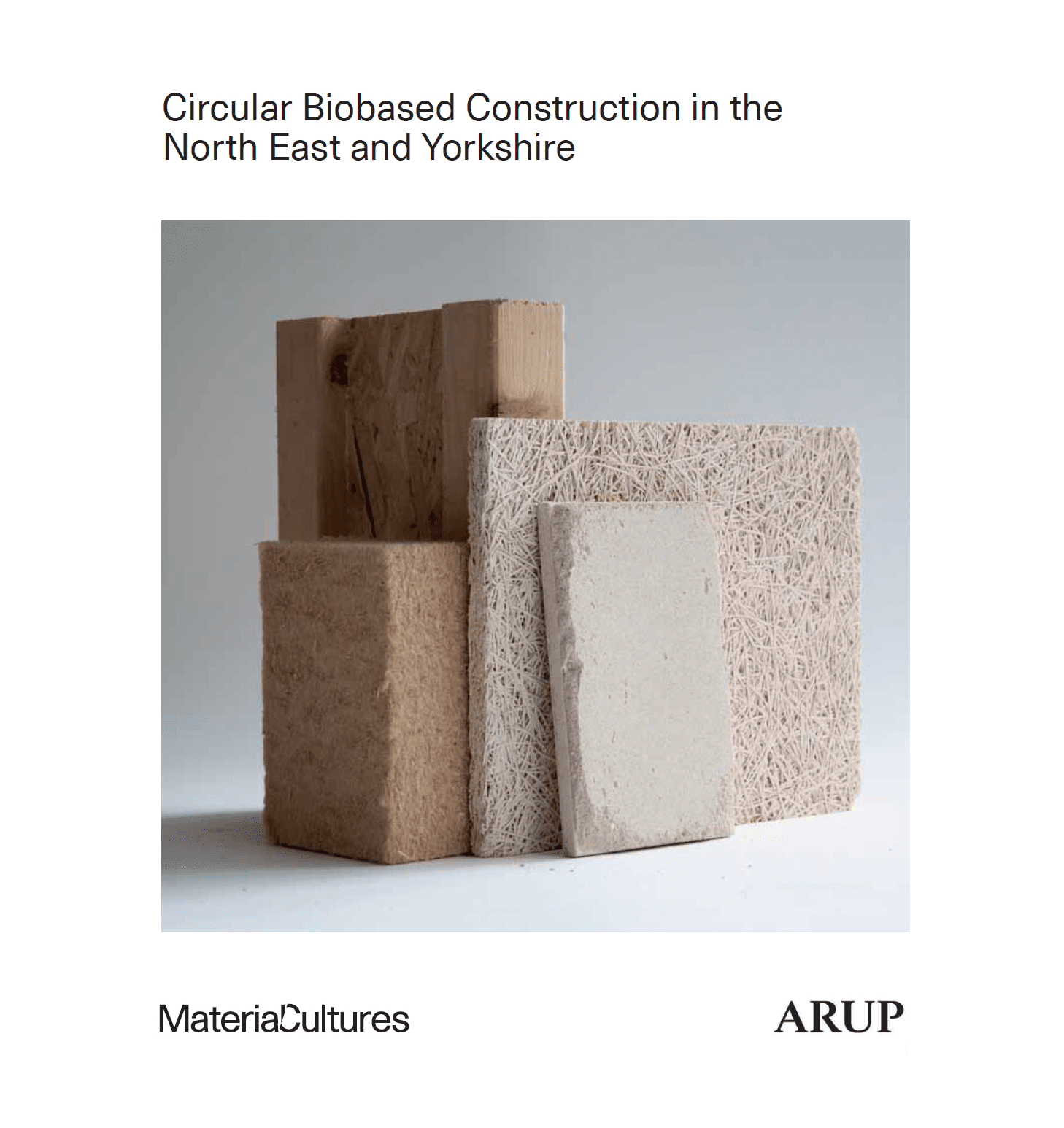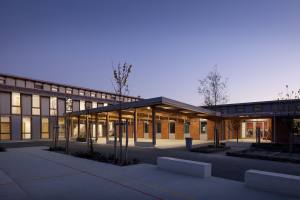Circular Biobased Construction in the North East and Yorkshire

Circular Biobased Construction in the North East and Yorkshire
Substituting carbon intensive technical materials with regenerative resources and materials from the biosphere, which absorb and store natural carbon, has become a key approach to decarbonizing our built environment. The techniques and technologies for biobased manufacturing and construction are well established, but the infrastructure and frameworks are not established in scale to support them.
The North East and Yorkshire region is well positioned to lead the UK in this shift. Not only could this reduce the overall carbon impact of construction within the region, but it could also produce tangible positive outcomes and benefits including:
- Improvements in biodiversity and Indoor air quality
- The safety, security and desirability of jobs in construction.
- The re-shoring of jobs in the supply chain
- The creation of opportunities for regional investment.
The North East and Yorkshire (NEY) has much of the existing agricultural and industrial infrastructure required to make the shift from carbon-intensive to biobased construction. The potential benefits to such a transition can be categorised in three key themes:
- Protecting the environment: Appropriately diverse and well managed biobased supply chains and models of construction can help to reduce net carbon emissions by locking carbon into the building fabric.
- Driving economic growth: A growing biobased industry would bolster the regional economy and support agriculture, manufacturing and construction whilst generating new skills, opportunities and jobs.
- Improving Human Well-Being: Increasing job numbers in biobased construction and its associated supply chains could result in contractors being exposed to fewer contaminants during construction and many jobs being moved off
This report presents an overview of the current biobased materials construction industry in the NEY region and explores the potential to scale. If a measure of these proposals is implemented, the North East and Yorkshire could be at the forefront of an urgent and effective decarbonisation of the built environment within the UK.
Find the research document in the next link:
https://www.ynylep.com/Portals/0/adam/Stories/dZPBWh5Fz0mcAqqNaH1neA/Body/211019_MC2105_NEY_REPORT_FINAL_ISSUE_SPREADS_COMPRESSED.pdf
